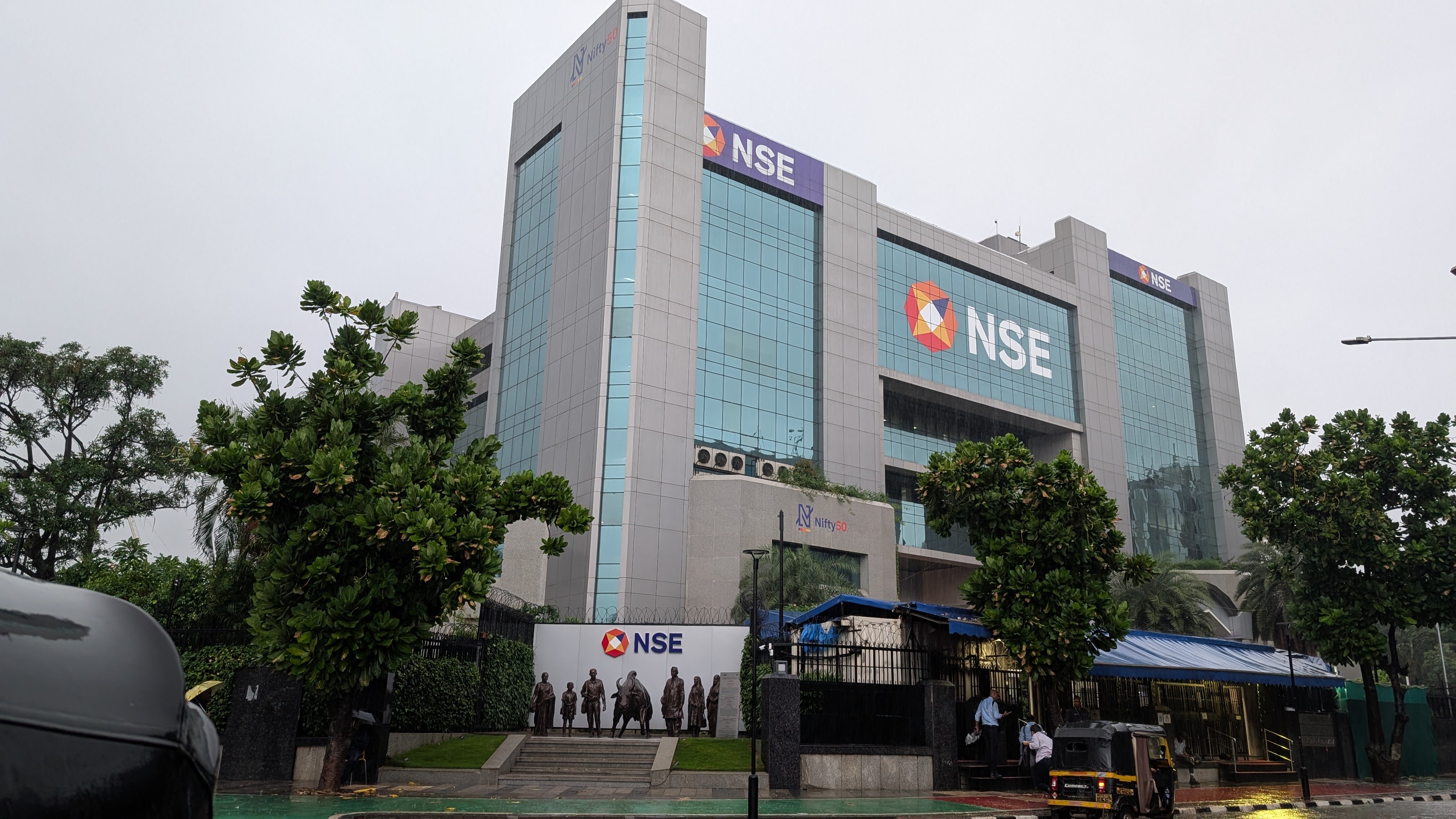Accumulating a retirement corpus of Rs 1 crore is the dream of many middle-class salaried persons. At the first glance, the corpus may look a big target, it is actually not very difficult if one starts saving early for this goal, say financial planners. A 25-year old person who has just started his career can accumulate a retirement corpus of Rs 1 crore by the time he reaches 55 by investing as low as Rs 2,861 every month for next 30 years, assuming that his investment grows at a compounding rate of 12 per cent per annum. Although a 12 per cent compounding return sounds very optimistic, many top equity mutual funds have generated even higher returns over long periods.
Even if we assume a 10 per cent compound return from a SIP, then the same 25-year-old person can accumulate Rs 1 crore corpus by investing Rs 4,424 every month for next 30 years. And if the same return expectation is brought down to 8 per cent, then the same person has to invest Rs 6,710 every month for 30 years to accumulate Rs 1 crore.
However, if the person starts saving late to accumulate the corpus, then his monthly investment requirement increases significantly. For example, if a person starts investing in a SIP at the age of 30, then he has to invest Rs 5,322 every month to accumulate a corpus of Rs 1 crore by the time he becomes 55 years old, assuming a compounding return of 12 per cent on SIP.
This is nearly double the amount of Rs 2,861 he had to save monthly if he had started at the age of 25. Similarly, the monthly investment requirement increases significantly to Rs 7,537 and Rs 5,322 if the return expectation is brought down to 8 per cent and 10 per cent, respectively.
This happens due to the effect of compounding. Compounding is the process where the value of investment increases by reinvesting the returns/interests over a longer period of time. The effect of compounding is much higher when the tenure of investment increases. So one needs to start investing early to accumulate a bigger corpus by the time he retires.
Accumulating a retirement corpus of Rs 1 crore is the dream of many middle-class salaried persons. At the first glance, the corpus may look a big target, it is actually not very difficult if one starts saving early for this goal, say financial planners. A 25-year old person who has just started his career can accumulate a retirement corpus of Rs 1 crore by the time he reaches 55 by investing as low as Rs 2,861 every month for next 30 years, assuming that his investment grows at a compounding rate of 12 per cent per annum. Although a 12 per cent compounding return sounds very optimistic, many top equity mutual funds have generated even higher returns over long periods.
Even if we assume a 10 per cent compound return from a SIP, then the same 25-year-old person can accumulate Rs 1 crore corpus by investing Rs 4,424 every month for next 30 years. And if the same return expectation is brought down to 8 per cent, then the same person has to invest Rs 6,710 every month for 30 years to accumulate Rs 1 crore.
However, if the person starts saving late to accumulate the corpus, then his monthly investment requirement increases significantly. For example, if a person starts investing in a SIP at the age of 30, then he has to invest Rs 5,322 every month to accumulate a corpus of Rs 1 crore by the time he becomes 55 years old, assuming a compounding return of 12 per cent on SIP.
This is nearly double the amount of Rs 2,861 he had to save monthly if he had started at the age of 25. Similarly, the monthly investment requirement increases significantly to Rs 7,537 and Rs 5,322 if the return expectation is brought down to 8 per cent and 10 per cent, respectively.
This happens due to the effect of compounding. Compounding is the process where the value of investment increases by reinvesting the returns/interests over a longer period of time. The effect of compounding is much higher when the tenure of investment increases. So one needs to start investing early to accumulate a bigger corpus by the time he retires.
Accumulating a retirement corpus of Rs 1 crore is the dream of many middle-class salaried persons. At the first glance, the corpus may look a big target, it is actually not very difficult if one starts saving early for this goal, say financial planners. A 25-year old person who has just started his career can accumulate a retirement corpus of Rs 1 crore by the time he reaches 55 by investing as low as Rs 2,861 every month for next 30 years, assuming that his investment grows at a compounding rate of 12 per cent per annum. Although a 12 per cent compounding return sounds very optimistic, many top equity mutual funds have generated even higher returns over long periods.
Even if we assume a 10 per cent compound return from a SIP, then the same 25-year-old person can accumulate Rs 1 crore corpus by investing Rs 4,424 every month for next 30 years. And if the same return expectation is brought down to 8 per cent, then the same person has to invest Rs 6,710 every month for 30 years to accumulate Rs 1 crore.
However, if the person starts saving late to accumulate the corpus, then his monthly investment requirement increases significantly. For example, if a person starts investing in a SIP at the age of 30, then he has to invest Rs 5,322 every month to accumulate a corpus of Rs 1 crore by the time he becomes 55 years old, assuming a compounding return of 12 per cent on SIP.
This is nearly double the amount of Rs 2,861 he had to save monthly if he had started at the age of 25. Similarly, the monthly investment requirement increases significantly to Rs 7,537 and Rs 5,322 if the return expectation is brought down to 8 per cent and 10 per cent, respectively.
This happens due to the effect of compounding. Compounding is the process where the value of investment increases by reinvesting the returns/interests over a longer period of time. The effect of compounding is much higher when the tenure of investment increases. So one needs to start investing early to accumulate a bigger corpus by the time he retires.

 Sign Up with Google
Sign Up with Google




 RECOMMENDED FOR YOU
RECOMMENDED FOR YOU





